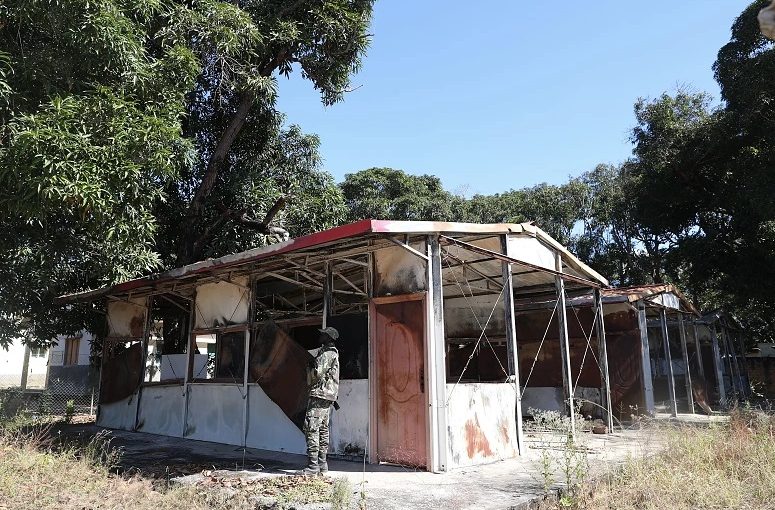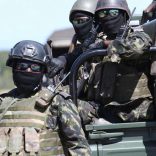Mozambique: Death toll from tanker truck explosion rises to seven
Mozambique: Fewer than 100 killed in insurgent attacks in 2023 – government

File photo: Lusa
Mozambique’s government said on Monday that deaths caused by terrorist attacks in Cabo Delgado fell in 2023 to less than a hundred, after more than 250 victims a year between 2019 and 2022.
In the Report of the National Assessment of Terrorism Financing Risks, to which Lusa had access today, the Mozambican government states that the “rate of terrorist acts in comparative annual analysis was ‘medium’ for the years 2017 and 2018, ‘high’ in 2019, ‘very high’ in 2020 and 2021, ‘high’ in 2022 and ‘medium’ in 2023”.
“In the same period, the mortality rate, resulting from indiscriminate attacks on the population in 2017 and 2018, was ‘medium’, between 2019 and 2022 ‘very high’, being above 250 deaths per year. Currently the trend is decreasing, having dropped to less than 100 deaths in 2023, classified as ‘medium’,” reads the document, which contains data up until and including 2023.
The report states that, in the period from 2019 to 2020, more than a hundred attacks were recorded in Cabo Delgado.
“During this period, terrorist acts took the form of murders (beheadings), kidnappings, extortion, sexual exploitation and slavery, forced marriages, looting of goods and products from the population, banks and economic agents, house fires, impositions of ideology radical Islam, intimidation and death threats, among other practices,” it also points out.
It is added that the terrorist in Cabo Delgado, northern Mozambique, acts left “marks of pain, mortal damage, [was] responsible for around 900,000 internally displaced people, destruction of public and private institutions, paralysis of commercial activities and the provision of basic services, and decline in foreign investment in the country”.
In the business area, citing the National Federation of Agrarian Associations of Mozambique, it is stated that “more than 400 companies were affected and around 56,000 jobs were lost” locally.
“The district of Mocímboa da Praia is the most affected, with around 40% of companies and 23% of jobs lost due to terrorist attacks,” the document states.
The report also states that “the threat level of terrorist activity” in Mozambique was, until 2021, “very high”, given the action in the north of the country by the terrorist group Ahlu Sunnah Wal Jamaah (ASWJ) also known internationally as ISIS -Mozambique and locally known as Al-Shebab, which “had the potential to expand to other regions of the country to carry out terrorist attacks and could even expand to other neighbouring countries”.
“ASWJ’s channels for financing terrorism are electronic money services, smuggling, cash withdrawals, the hawala system [international money transfer that does not involve banking intermediaries], bank transfers (…) However, this group favours the use of electronic money services and smuggling of natural resources, as one of the main channels of financing terrorism, as this is one of the fastest and most effective ways to channel your funds. In the banking system there are stricter control mechanisms, which facilitate tracking them,” the document reads.
After several months of relative normality in districts affected by armed violence in Cabo Delgado, the province has again been registering new movements and attacks by rebel groups.
The new wave of terrorist attacks in Cabo Delgado, in northern Mozambique, displaced 99,313 people in February, including 61,492 children (62%), according to an estimate released by the International Organization for Migration (IOM).
The Mozambican Minister of National Defence, Cristóvão Chume, on February 29 confirmed attacks by insurgents in four districts of Cabo Delgado province, but said that this did not constitute “a resurgence” of terrorist activities in the north.
“What happened is that there are small groups of terrorists who left the their base in the Namarussia area and went further south, attacking some villages and creating panic,” Minister Chume said.












Leave a Reply
Be the First to Comment!
You must be logged in to post a comment.
You must be logged in to post a comment.